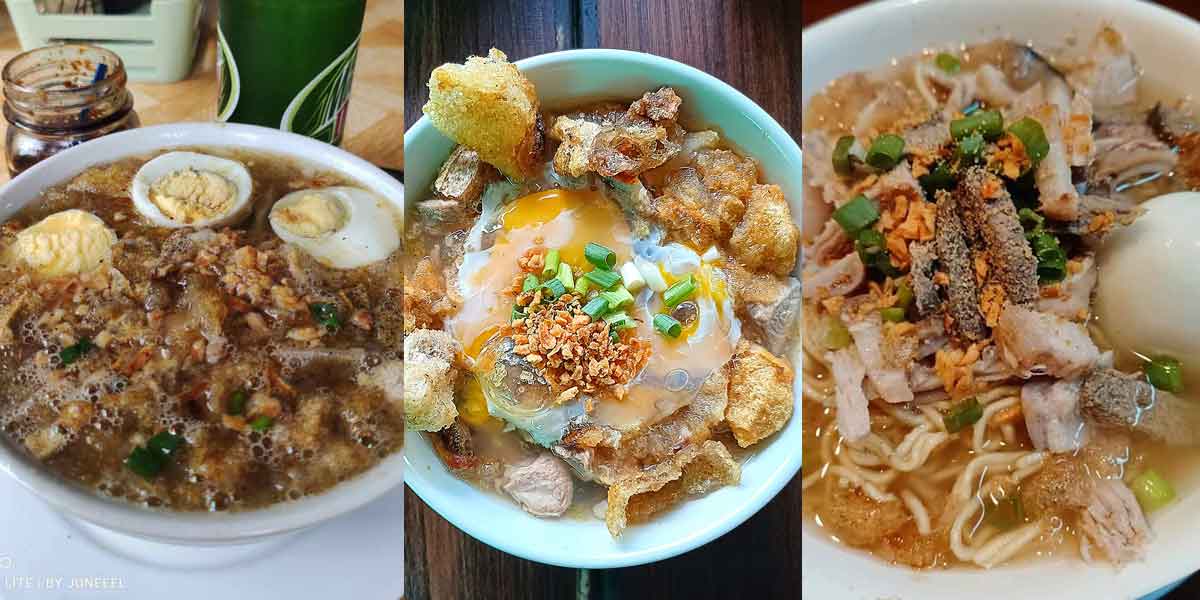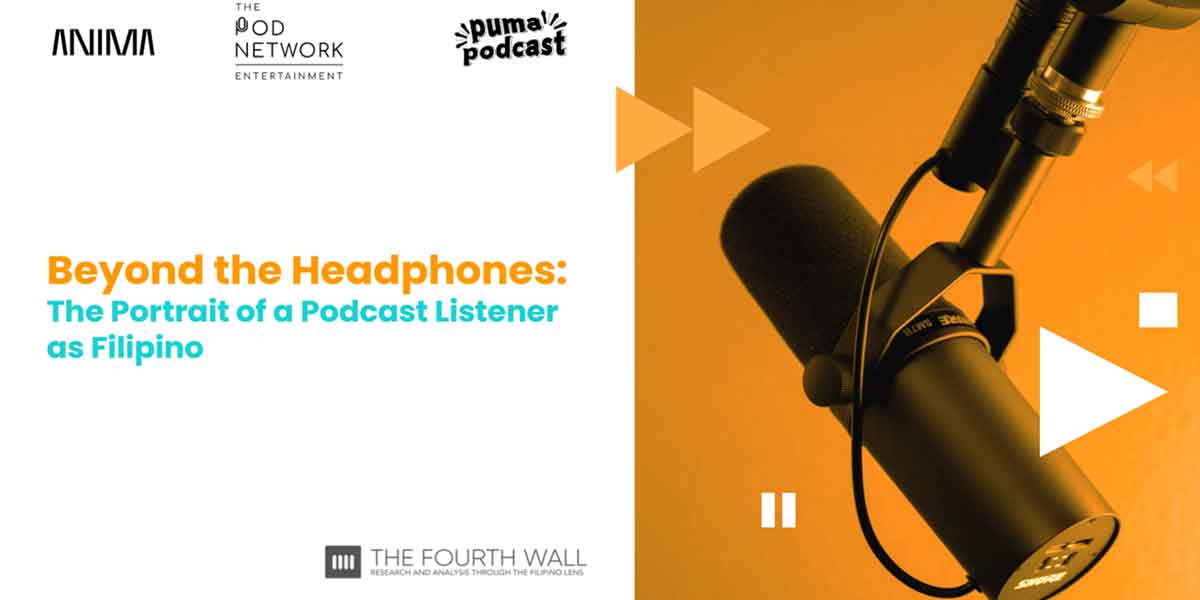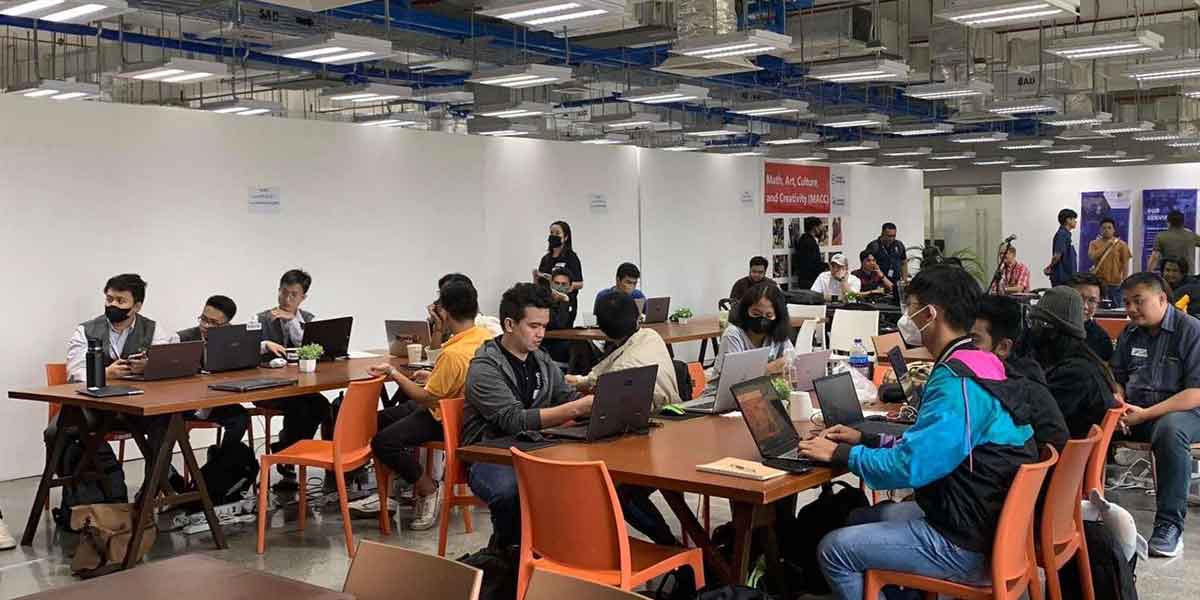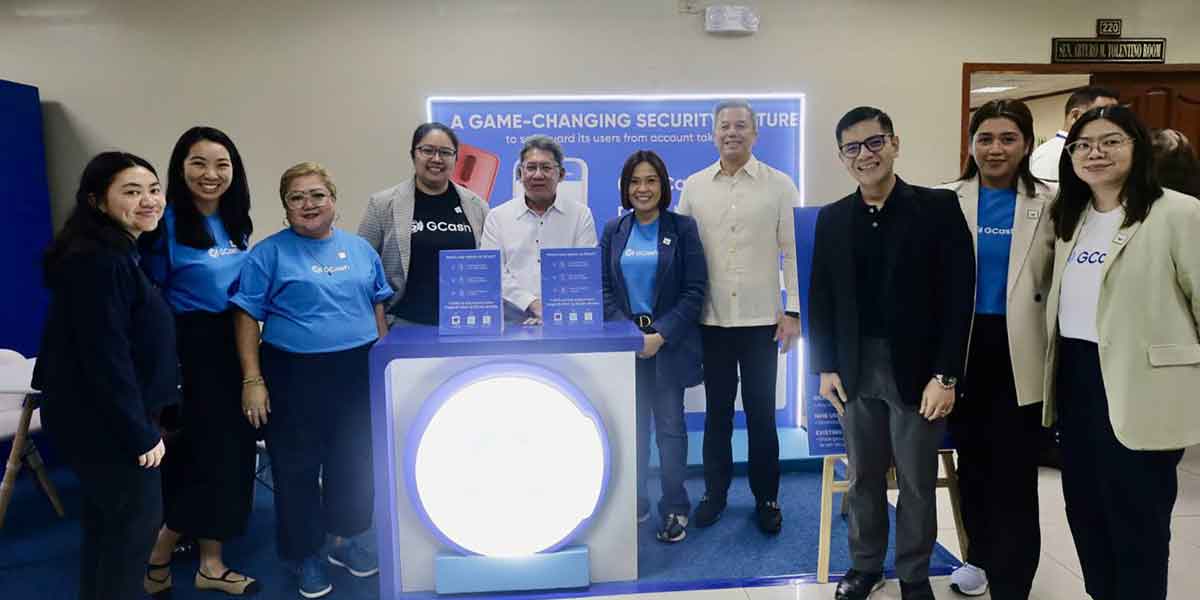By Herbert Vego
SOMETIMES I feel offended when younger people call me “lolo”. You see, I am not a grandpa in the real sense of the word; I have no grandchild yet.
On second thought, since I am already 73, why should I disagree? That’s one year more than the 72-year life expectancy of Filipinos.
I feel good that I still exchange text messages with fellow “young once,” one of whom is Cora, whom I knew when she was sweet 17. She is now 67 — with 11 grandchildren — but retains the beauty and brains of her singlehood in the 1970s. Her secret?
She told me that she and hubby Ed have all the time now to enjoy and go places, leaving the worrying to their five children who manage the family business.
It’s a lesson to be learned by the “young once” who spend more money to stay in good health. Having gone way past their money-making season, they face the irony of exhausting a fortune to fight age-related diseases.
Fearing that, I have been very receptive to radio/TV programs glorifying alternative medicine as the cheaper way to fight the ravages of aging. An interesting school of thought they promote is “strengthening the immune system” through their products aimed at doing just that.
Hoping to lose nothing but age-related diseases, I recently attended a lecture by a nutritionist/herbalist.
In his opening statement, he quoted Hippocrates, “Let your food be your medicine.”
He said that a truly healthy person does not have to rely on antibiotics and antiviral drugs because “your body already contains all the bug-fighting medicines you’ll ever need!”
He said that at the age of one, a child would have developed nearly a trillion different “natural antibiotics” in his body to protect him from diseases. If the child retains them into adulthood, he remains protected.
We have a trillion antibodies that recognize and trap bacteria, viruses, and toxins. Once these foreign substances are “tagged”, our body’s “killer cells” can easily destroy them.
Indeed, the immune system is our body’s defense against infectious organisms and invaders. It’s made up of a complicated network of cells, tissues and organs that work together to protect your body.
With so many warriors ready to battle our microscopic enemies, it’s a wonder that any foreign invader can penetrate our defenses and cause us harm!
So, why do we get sick?
The lecturer cited two steps:
- Our immune system fails to go into action fast enough; and
- Our immune system gets beaten down and worn out.
In other words, bacteria and viruses are fast little critters – and they can attack without notice.
As we age, our immune system takes a longer time to react to these attacks. That slow reaction time allows germs to break through and invade our cells.
Thus, we may find ourselves picking up every bug or virus we come in contact with as we get older.
Moreover, our modern lifestyle can literally wear us out – but not without reasons. “Robbers” out there are the culprits. Among them are:
Poor diet: Many foods are deficient in the nutrients crucial for peak immune function. Foods loaded with sugar, preservatives, refined carbohydrates and processed ingredients not only weaken our immune system but also promote inflammation of the blood vessels! This inflammation can trigger joint pain, heart disease, stiff arteries and blood sugar imbalance, among others.
Stress: Day-to-day stress from fast-paced modern living mimics our immune system’s “fight or flight” response – creating undue anxiety, fear and nervousness. This causes the release of unnecessary cortisol – a stress hormone – that can lower immune response!
Environmental pollutants: Every single minute, we breathe in, absorb or ingest microscopic toxic particles that are detected as a threat by our immune system. This toxic load puts a huge amount of stress on our natural defenses.
Overuse of antibiotics, prescription drugs and over-the-counter medicines can rob nutrients and beneficial flora that are critical to a strong immune system.
Population density: Overcrowding in one place means faster spread of communicable diseases.
In the final analysis, it’s up to us, not to our doctors, to determine what’s good for us.
-oOo-
MUCH ADO ABOUT MORE-CENECO JVA
I FIND it senseless that two supposedly concerned organizations in Bacolod City — Power Watch and the Responsible Supervisors and Confidential Union of Employees – are embroiled in controversy over the proposed joint venture agreement (JVA) between Central Negros Cooperative (Ceneco) and MORE Energy and Power Corp (MORE Power).
While I am not privy to the problems besetting the cooperative, I don’t see why the so-called “responsible supervisors” organized a protest-rally against a JVA that remains to be agreed upon.
Their opposition seems to support the allegation of Power Watch that it’s “out of their fear that they may not retain their supervisory and confidential positions, including their excessive salaries, fat bonuses and allowances in confusing abundance.”
If because of them the cooperative has spent more than it earns, there is indeed reason to be alarmed. But of course, I am withholding my two cents’ worth pending further inquiry.
Suffice it to say that our Bacolod writer Dolly Yasa has done a good job in updating Bacolodnons on the matter. Go go go!





















